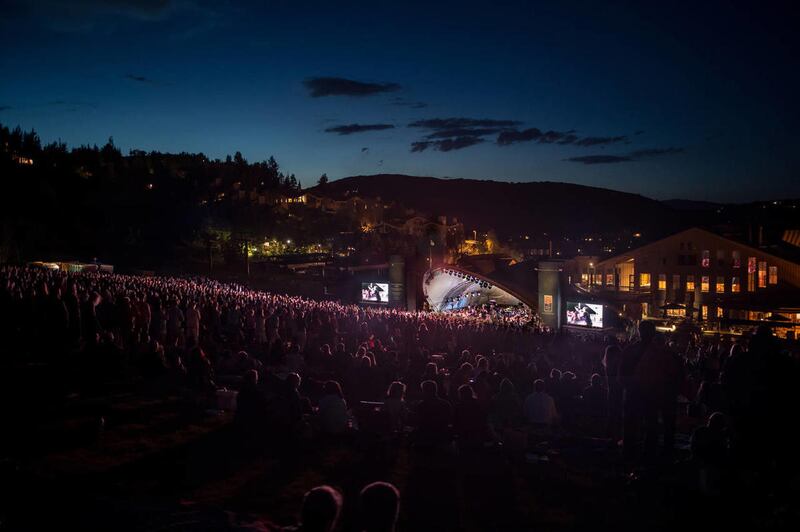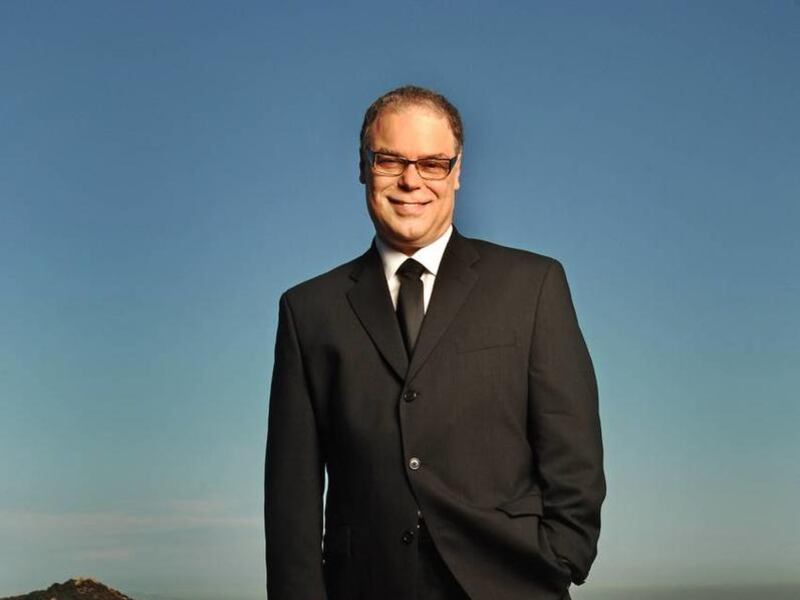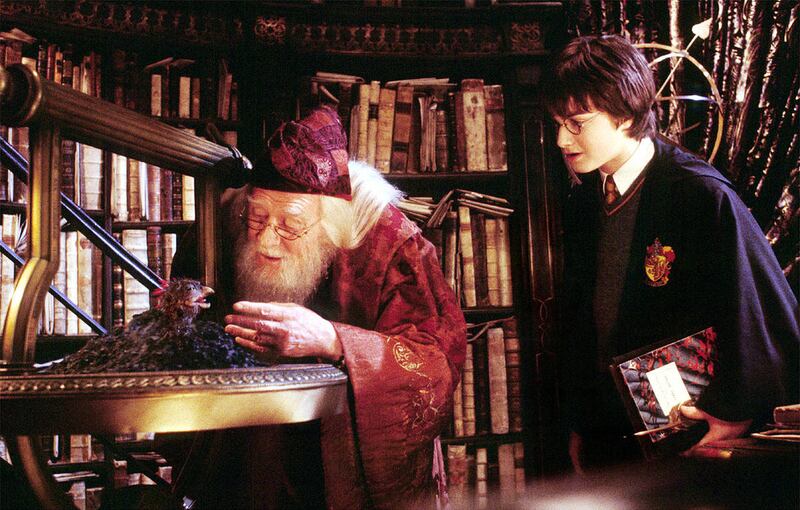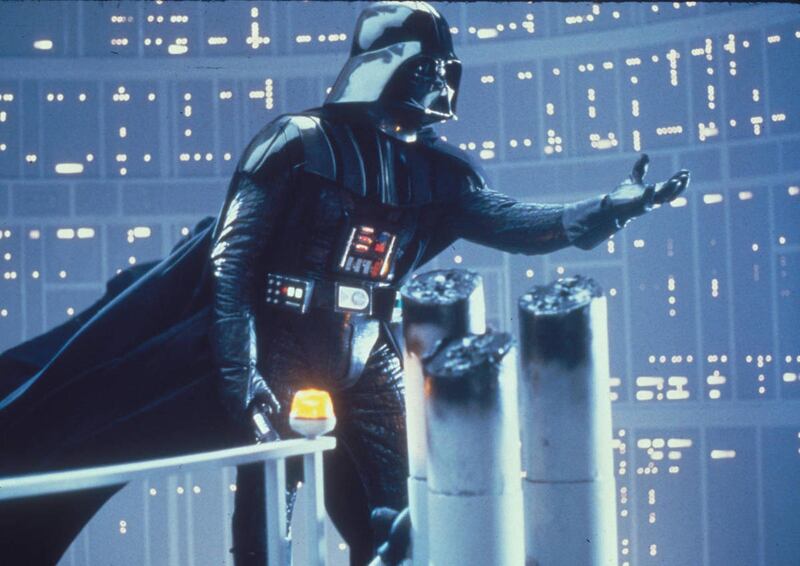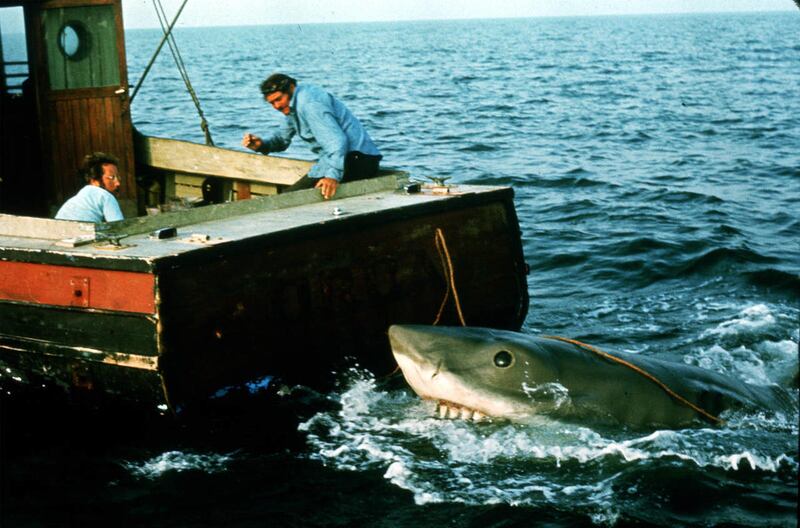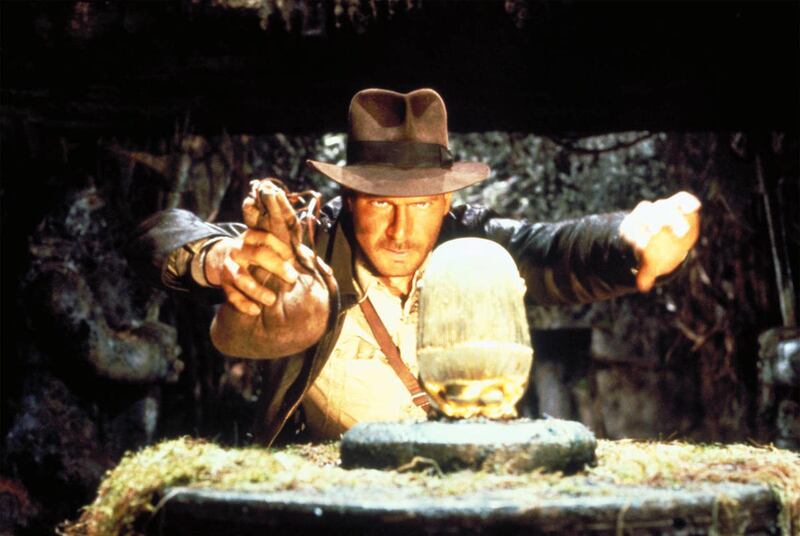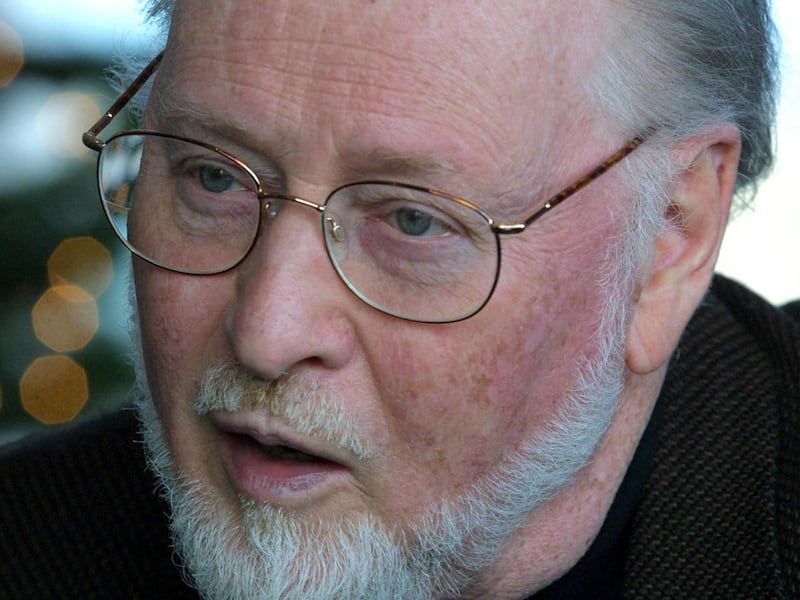Any mention of "Star Wars," "Indiana Jones" or "Jurassic Park" is almost sure to incite a mental overture of triumphant, well-known theme music.
But without John Williams, the lauded film score composer, popular perception of these iconic movies could be completely different.
"These are the blockbuster movies and the movie franchises of the last 30 years, and John Williams has been at the center of that," said pops conductor and musician Jeff Tyzik, who will conduct the Utah Symphony in "The Music of John Williams" concert on Friday, July 11, as part of the Deer Valley Music Festival. "Literally over a billion people are familiar with his music. It's pretty hard to say that about a music composer. His film score (is) like the Beatles are to the pop world."
Williams' credits include "Close Encounters of the Third Kind" (1977), "Superman" (1978), "E.T. the Extra Terrestrial" (1982), "Home Alone" (1990), "Hook" (1991), "JFK" (1991), "Schindler's List" (1993), "Saving Private Ryan" (1998), "Harry Potter and the Sorcerer's Stone" (2001), "Catch Me If You Can" (2002), "Memoirs of a Geisha" (2005), "Lincoln" (2012) and "The Book Thief" (2013). He's also working on "Star Wars: Episode VII" (December 2015 release date).
Toby Tolokan, the vice president of artistic planning for the Deer Valley Music Festival, said the Utah Symphony continues to feature John Williams' music because there is an appetite for it.
"The audience tells us they want to hear it, and we do listen to what the audience knows and loves," he said. "We know these pieces. We grew up with them. We've listened to them over the decades."
Tyzik said Williams' ability to produce such memorable melodies and to capture characters in his music has made him such a successful film composer.
"You hear the opening of 'Jaws,' of 'Star Wars,' of 'Raiders of the Lost Ark,' and you instantly know what it is," Tyzik said. "(And) as a film composer, he is really adept at creating a sound that depicts a character. If you look at 'Jaws,' for instance, he captured the absolute terror of that shark."
Williams has also been credited for helping to bridge the gap between movie soundtracks and true classical music.
"For years, movie composers were not using actual symphony orchestras for their music," Tolokan said. "John Williams bridged that amazing gap. We have a special debt to pay to Mr. Williams because he loved the sound of the whole symphony orchestra."
Travis Peterson, principal trumpet player for the Utah Symphony, said his love for Williams' music goes back to his childhood. When Peterson was 10 years old, he bought his first CD: the soundtrack to "Jurassic Park." Although his family didn't have a CD player, he was so excited to listen to it that he would take it to the store and play it there.
He credits that soundtrack for introducing him to the world of classical music, where he would later find his career.
"It kind of turned me on to orchestral sounds and kind of encouraged me to start exploring different legitimate classical pieces," he said. "I think it's a good gateway for people to start exploring the classical music that we (the Utah Symphony) perform during the year."
Williams was born in Long Island, New York, in 1932, according to his biography on IMDb. His father was a musician, so he was exposed to the world of professional music at an early age. He studied at Juilliard and began as a jazz pianist, playing in clubs and eventually in Hollywood for major TV series. He began composing for TV in the 1950s and soon caught the ear of Steven Spielberg, who asked him to compose the score for his first feature film, "The Sugarland Express," in 1974. A year later, they collaborated again on "Jaws," which won an Academy Award for Original Score and opened Williams up to a lifelong career of composing for film.
Williams has maintained a strong partnership with Spielberg and has composed the scores for all but a few of his feature films.
Aside from his film career, Williams also composed concerti for the 1984, 1988, 1996 and 2002 Olympics and was scheduled to conduct a new arrangement of the national anthem for Washington D.C.'s annual "Capitol Fourth" celebration on July 4, according to U.S. News.
Although the public often overlooks film composers in favor of actors and directors, Williams' accomplishments have not gone unnoticed. He has composed scores for at least 80 films and won five Academy Awards, 17 Grammys, three Golden Globes and two Emmys, according to his biography on johnwilliams.org. According to his IMDb profile page, he holds the record for most Oscar nominations for a composer, with over 40.
To emphasize the importance of a film score in a movie, the John Williams Movies & Music YouTube channel posted a video contrasting the same scene of "Jaws" with and without the music.
"Often the music is a little buried under the film, under the sound and the dialogue," Tyzik said. "It's really a treat for the orchestra and the audience to (come to a concert) and have this music without any interference. The music can stand without the film, but the film wouldn't survive without the music."
Friday's concert will feature songs from some of Williams' well-known soundtracks, such as "Jaws," "Star Wars" and "Harry Potter," and from some of his lesser-known soundtracks, such as "The Witches of Eastwick."
If you go ...
What: "The Music of John Williams"
When: Friday, July 11, 7:30 p.m.
Where: Deer Valley Snow Park Amphitheater, Park City
Cost: $32 adult lawn, $60-$85 adult reserved, $15 ages 18 and under, package tickets also available
Website: deervalleymusicfestival.org
Phone: 801-533-6683
Erica Palmer is a writer for the Mormon Times and Features department. Email: epalmer@deseretnews.com

